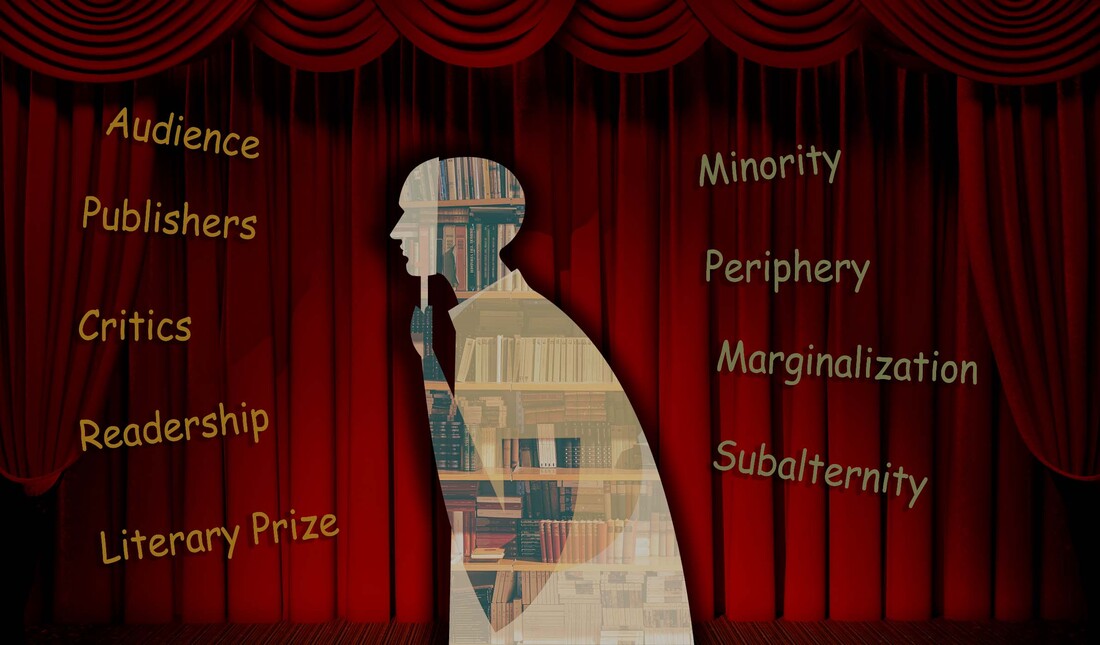|
|
|
Young people in ethnically divided post-conflict societies are often happy to date across ethnic lines, notwithstanding its prevailing discouragement. My recently published Identities article, 'Kiss don't tell: attitudes towards inter-ethnic dating and contact with the Other in Bosnia-Herzegovina', examines this in Bosnia-Herzegovina, which it takes as a typical case of an ethnically divided post-conflict society: young people struggle to meet other ethnic groups due to the high levels of segregation in society. Such contact is also discouraged in the home, in schools, in religious institutions and in the media. I use focus groups conducted on Facebook and follow-up interviews to speak to young people across the country who date across ethnic lines despite these obstacles.
‘Identity’ is probably amongst the most circulated terms in the academy and beyond. However, a critical reflection on the use of this term in the context of cross-cultural fictional narratives could reveal a major issue. Rather than representing a genuine state of human condition, the term has become a strategic means used by some minority writers to boost readership for their writings.
Given the hierarchies of the world literary system consisting of influential agents such as critics, publishers and marketing expectations, certain languages, regions, styles and poetics are privileged over others. The world literary system thus mirrors the ‘neo-imperial contours of global capitalism’, dominated by multinational publishing conglomerates with powerhouses in London and New York. My Identities article, ‘We have much identity’: contesting the claimed hybrid identity in Faqir’s My Name is Salma and Ahdaf Soueif’s In the Eye of the Sun’, examines how some Arab Anglophone women writers manipulate identity constructions and essentialise their hybrid identities as a strategy to boost readership and market values for their works. Through a close reading of Fadia Faqir’s My Name is Salma and Ahdaf Soueif’s In the Eye of the Sun, the article reverses the gaze on the societies that these texts claim to reveal.
Migration enforcement is accompanied by emotions expressed by various actors – including the broader public, politicians and those targeted by practices such as deportation and detention – but also those of bureaucrats who implement policies. Emotions are addressed towards or expressed against a multitude of groups, such as asylum seekers or migrants with precarious legal status, as well as police officers and administrative and non-governmental staff.
Studying emotions directed at different groups uncovers, on the one hand, the intricate and complex network of actors working within the field of migration enforcement, both new and old. On the other hand, it presents the researcher with a density of relations that, as I argue in my Identities article, ‘Tracing the circularity of emotions in Swiss migration enforcement: organizational dissonances, emotional contradictions and frictions’, can be analyzed through a focus on emotions, thus advancing our understanding of statecraft and organizational construction. |
|
Explore Identities at tandfonline.com/GIDE |
|
The views and opinions expressed on The Identities Blog are solely those of the original blog post authors, and not of the journal, Taylor & Francis Group or the University of Glasgow.



